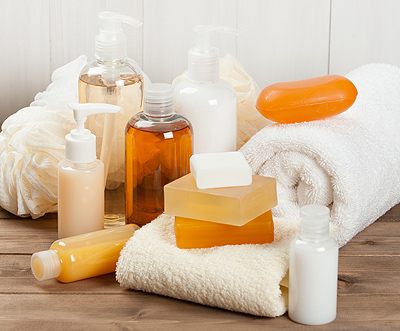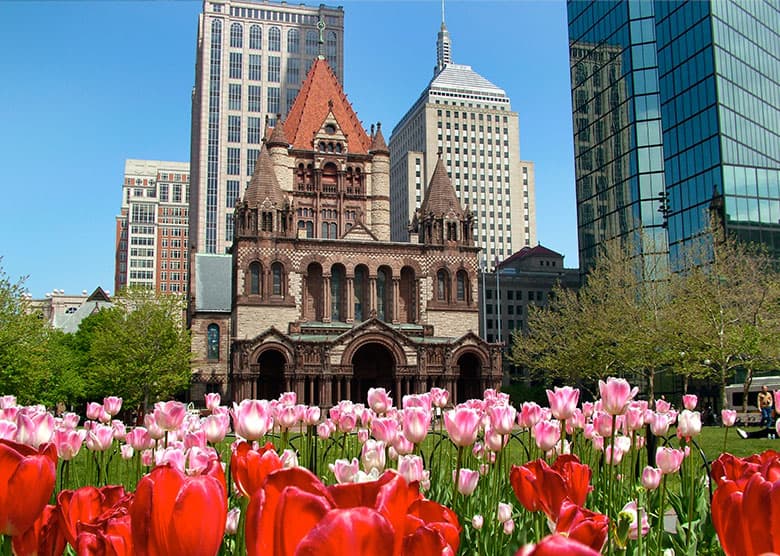Parabens in products

Parabens are used in pharmaceuticals and skin care products as antifungal agents. In fact, parabens are the most widely used preservatives in the cosmetics industry. They’re often used in makeup, hair care products, moisturizers and shaving products. There are several types of parabens, the most common being methylparaben, probylparaben and butylparaben. They are used to maintain the integrity of the product, as they protect against the growth of fungus and bacteria, and have been used in products since the 1950’s. Yet while they do lower the chance of you developing a skin infection from a compromised product, they can still be irritating to some people’s skin.
The controversy comes from when in the 1990s, parabens were found to be xenoestrogens ― agents that can mimic the body’s natural estrogen. Additional sources of exogenous estrogen has been linked to organ system toxicity, reproductive and fertility problems, birth and developmental defects, and hormone disruption. As a result, experts in many countries have recommended limits on paraben levels in cosmetic products. What’s more, watchdog organizations worry that if parabens can be stored in the body, over time they could have a cumulative effect and pose a health risk.

This remains controversial, as other studies have shown parabens to have a very weak estrogenic effect and it is unknown if cumulative effects could pose a health risk. Currently the USDA and WHO consider the chemicals safe at low levels, as the amount of parabens in any product is typically quite small.

There’s reason to be mindful, but no reason to have an all-consuming concern about these chemicals. If it helps you rest easy, use a paraben-free body lotion. Today there are a number of formulas available from paraben-free brands. Epionce® is a botanical based brand created by a board-certified dermatologist that is completely paraben free.









